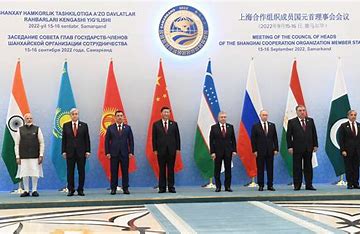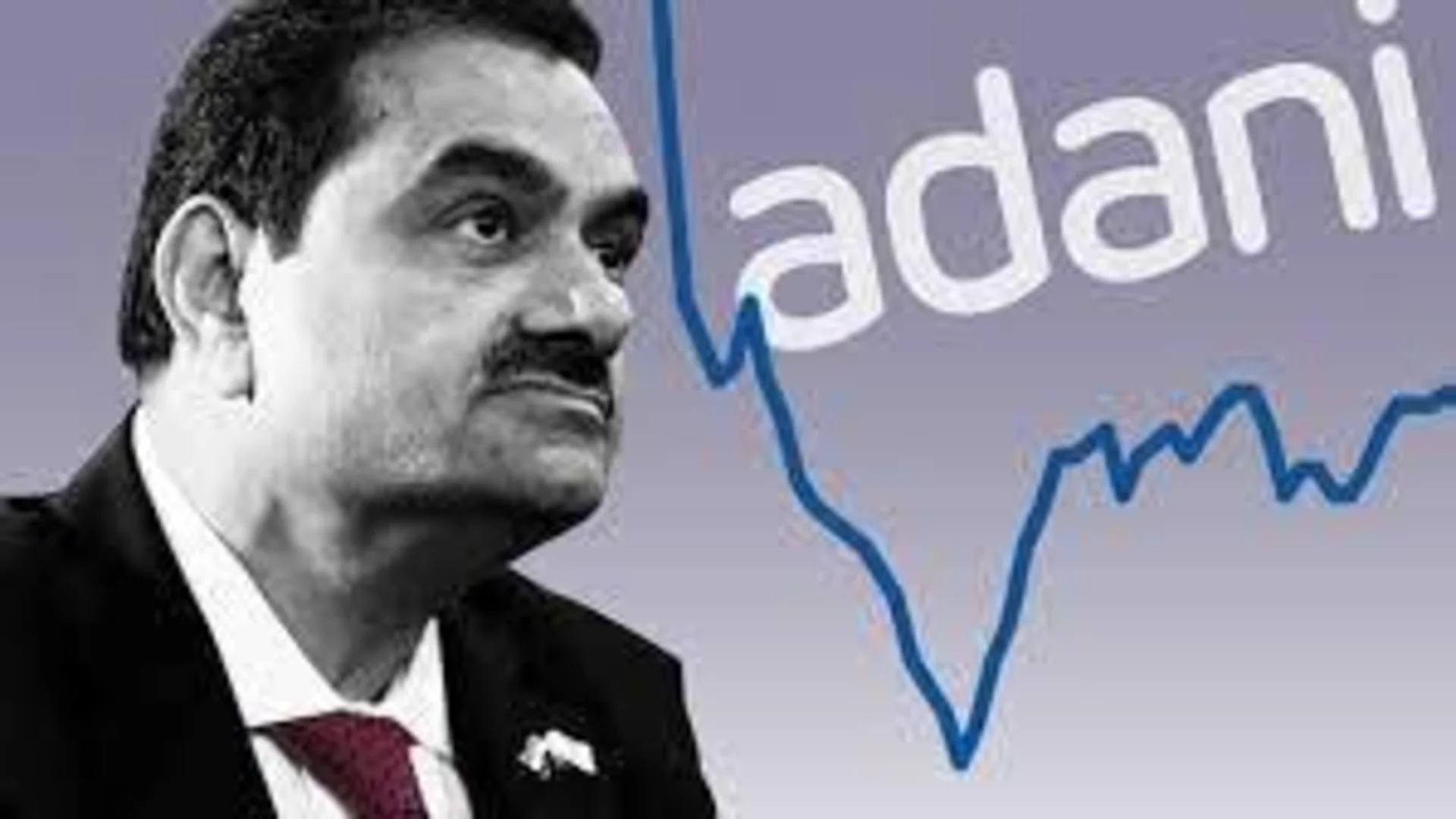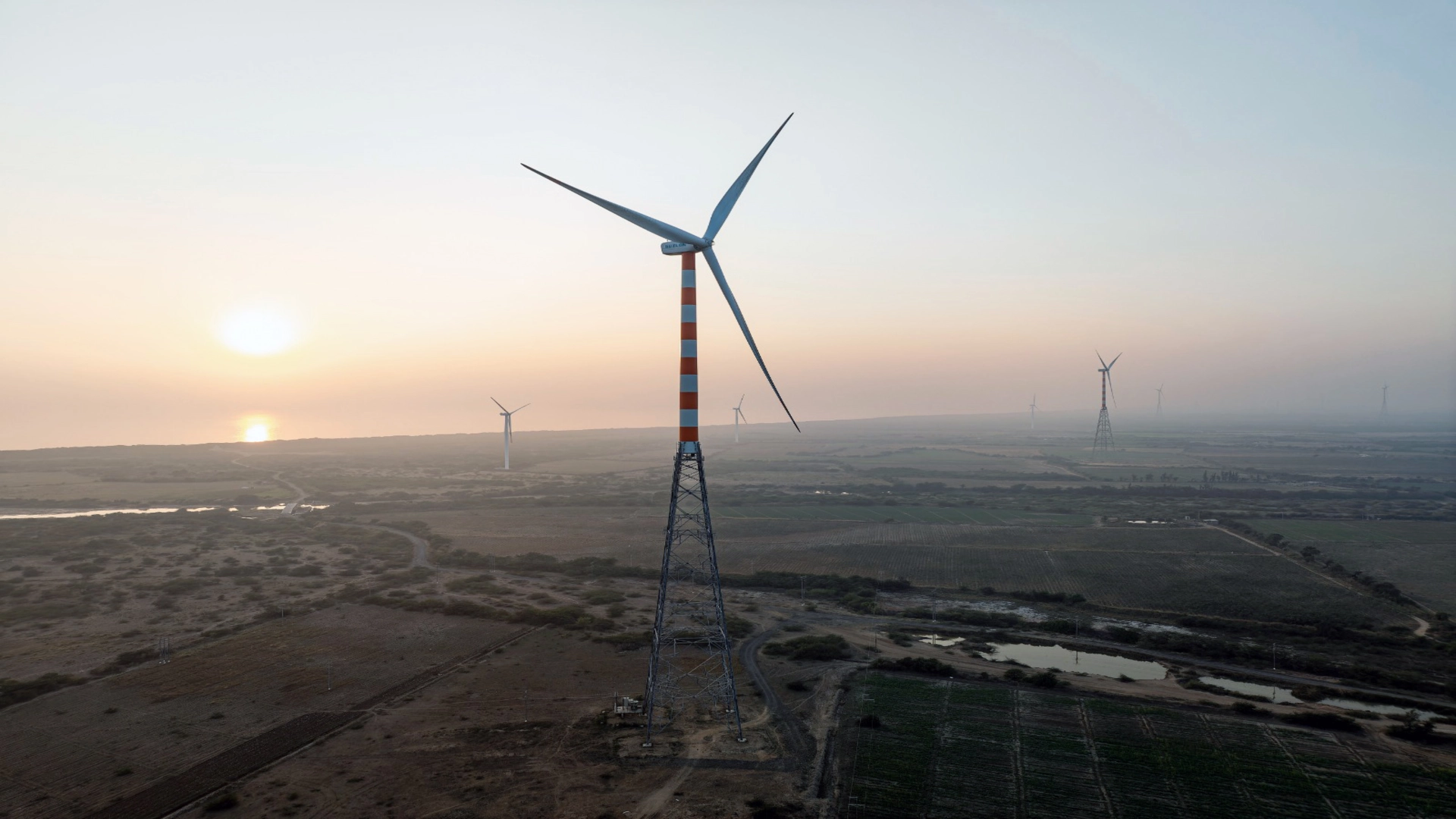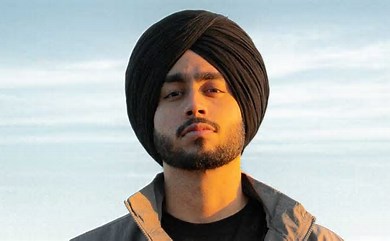
The 23rd meeting of the councils of the head of the Government of Shanghai cooperation organisation was held in Islamabad from 15 to 16th October 2024 under the presidency of the host country Pakistan. The SCO Summit was held under the shadow of internal turmoil against the government due to the arrest of former Prime Minister Imran Khan and the country’s deteriorating economic condition. The summit had significance being held under the dark clouds of ongoing conflicts of Ukraine-Russia in eastern Europe as well as the ongoing Israel-Hamas and Israel-Iran conflicts. Another challenge before the SCO Summit was to formulate the mechanism to overcome the impact of the COVID-19 Pandemic. Over and above, the state-sponsored terrorist activities in southeast Asia and SCO countries remained a herculean task to handle.
The SCO Summit was attended by the heads of the states or prime ministers of member countries excluding India from where the external affairs minister distance Jai Shankar represented India. The member countries including Belarus, China, India, Iran, Kazakhstan, Kyrgyzstan, Pakistan, Russia, Tajikistan, and Uzbekistan participated in this summit. Mongolia was part of the Summit as an observer state whereas Turkmenistan attended the Summit as an invited guest. SCO Secretary General, Chairman, interbank Union, chairman of the Business Council and Executive Committee, and Director of the SCO RATS Committee were also in attendance.
SCO is a permanent intergovernmental international body founded on 15th June 2001. It was initially comprised of 6 countries later on India and Pakistan became members in 2017 followed by Iran in July 2023, and Belarus in July 2024. The concept of SCO was to develop an alternative strategic and economic block to compete with NATO and US dominance in Eurasian and South East Asia. The SEO country represents 40 % of the world›s population and about 30% of the GDP however the diverse governance system as well as multiple diplomatic and territorial conflicts of interest among members particularly China, India, and Pakistan, unstable geopolitical conditions, and the growing influence of global terror outfit in the region and over and above, the expansionist policy of China has put restrictions on the growth of SCO. Despite all hurdles, the trade volume among SCO members has grown substantially from $667 billion in 2001 to an impressive figure of $6 trillion in 2022.
The SCO focuses on the key regional issues and enhances cooperation among member states.
The visit of the external affairs minister Jaishankar to Pakistan to attend SCO has historic significance since it was the first visit of the Indian minister since 2015. It is the beginning of a new channel that may lead to further bilateral dialogues and improve Indo-Pakistan relations. The sideline meetings during any big international event carry tremendous opportunities to improve diplomatic relationships. Pakistan Russia, China, and Turkmenistan explored maximum gain. China has pumped massive investment in CPEC as well as tried to influence adversely Indian interests on border disputes and put maximum throttles to legitimize CPC projects through Gilgit Baltistan. Pakistan and Turkmenistan inked the MoU under CPEC to develop Direct Access between the port of Gwadar and the port of Turkmenbashi which may open up CPEC into Central Asia. Pakistan and China also tried to rope in Afghanistan into the Mega CPEC project. In a very shrewd manner, Pakistan and China posed CPEC not only as an essential trade corridor but the growth engine for the entire Eurasian region and should be delinked this project from the territorial boundaries and disputes. India reaffirmed its stand on CPC that it is passing through an Indian territory that is under the illegal occupation of Pakistan and CPEC was developed without the concurrence of India. India has also highlighted its concern about the state-sponsored cross-border terrorism extremism and separatism activities as well as the restrictions imposed by Pakistan on overland transit for Indian goods to trade with Central Asia which is contrary to the spirit of SCO.
China and Pakistan succeeded in getting the support of all other SEO members including Russia for the Chinese initiative of CPC and BRI as communication and connectivity among the Eurasian Economic Union to accelerate implementation of the SCO’s economic development strategy through 2030.
Considering the stand of SCO countries on CPEC, there is a strong and urgent need to push the Indian stand on CPEC and the illegal occupation of part of Kashmir by Pakistan with a decisive and forceful push to get reintegration of these territories at the earliest.
India took a very firm stand on many vital issues directly linked with the interest of the well-being of SCO countries. India was a signatory to Eight key documents linked with security, economic development, regional trade investment, connectivity, unimpeded Industrial and supply chains, to develop green energy, food security, innovation, protect the environment, and prevent climate change. India has also pushed the Idea of one earth, one family, and one future. Mr. Jai Shankar emphasized to adoption of Indian initiatives like the SCO startup forum, Innovation, and traditional medicine as well as DPI and digital inclusion among SCO members within the framework of SCO cooperation. India highlighted the need to enhance Global food security and nutrition by promoting the use of climate-resilient and nutritious grains like millet.
The concept of SCO is good and may transform a major part of the globe expanding to a large area of Eurasian countries and demography. However, the presence dynamics of governance, regional territorial, and other interest member countries will take a long course to achieve the goal of SCO. India can play a very big role as a pivotal hub being the fastest-growing economy, and largest democracy in the world with huge potential in all the spheres of progressive growth, security, AI, and space domain.
Despite these positive nodes, there is a need of the hour to witness the decisive and quickest action by India to resolve all territorial disputes directly associated with China and Pakistan. Without neutralizing this Nexus and root cause, any initiative to strengthen SCO will not be fruitful and very effective.
Major General J.K.S. Parihar, Sena Medal, Bar to Vishisht Seva Medal (Retd), is former Additional Director General, AFMS and expert on defence and international strategic affairs















